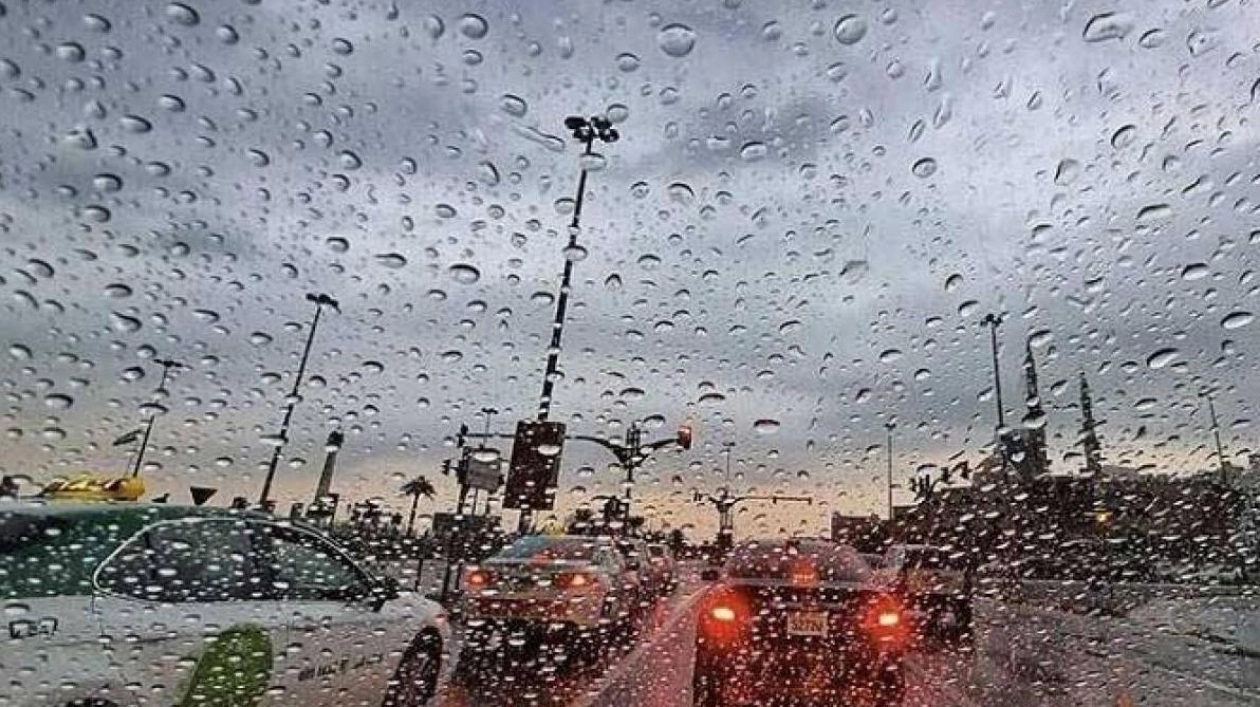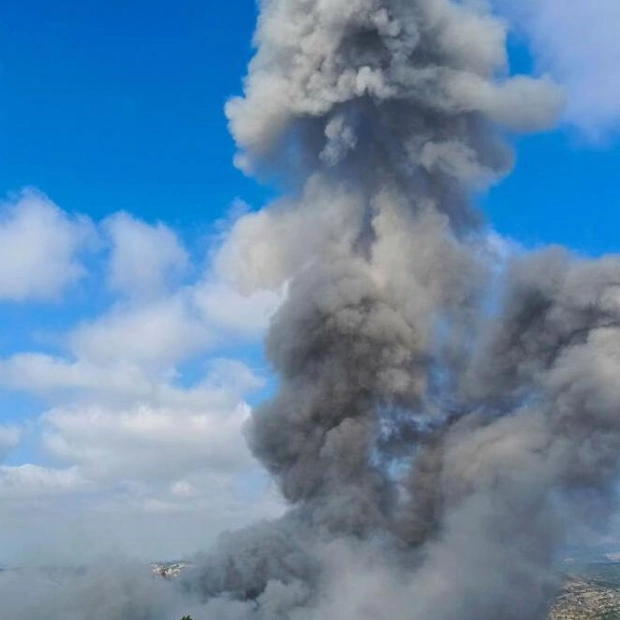Rainfall intensity in the UAE is anticipated to rise by 10% to 20% while average temperatures are projected to increase by 1.7 degrees Celsius in the coming years, officials announced on Monday, as the country prepares for extreme weather events akin to those experienced in April last year.
"These changes are expected both in the short and long term," stated Dr. Mohammed Al-Abri, Director of the Meteorology Department at the National Centre of Meteorology (NCM). Dr. Al-Abri also emphasized the urgent need for preparedness as climate forecasts suggest significant changes ahead. He noted: "We foresee an increase in rainfall rates over the next decade, and it’s essential to issue warnings, regardless of the precision of our forecasts."
This announcement coincided with a seminar on 'Crisis and Natural Disaster Management' hosted by Dubai Police. Dr. Al-Abri also reviewed the mechanisms in place to handle unusual weather conditions, such as the extreme rainfall last April.
Dr. Al-Abri further discussed projections under a low emissions scenario, stating: "By the end of the century, we will witness a gradual rise in annual average temperatures. This will result in more nights with minimum temperatures exceeding 30 degrees Celsius and an increase in days where daytime temperatures surpass 40 degrees Celsius." Rainfall patterns are also expected to change, with a predicted increase in rainfall effectiveness by 20%. Dr. Al-Abri highlighted the significance of these forecasts, saying, "We could experience a substantial rise in the highest rainfall recorded in a single day, increasing by 10% to 25% compared to current climate data."
The meteorological infrastructure in the UAE, which comprises 140 surface and marine weather stations, 7 weather radars, and various monitoring systems, plays a vital role in data collection and analysis. Dr. Al-Abri recalled the exceptional rainfall recorded from April 14 to 17, where some areas received over 100 mm of rain. "The highest recorded was 259 mm in Khatm Al Shakla, Al Marmoum saw 219 mm, making it the highest in Dubai," he mentioned.
The UAE and the broader region will be impacted by climate change-related weather events over the next 10 years, officials said. Lieutenant General Dhahi Khalfan bin Tamim, Deputy Chief of Police and Public Security in Dubai, underscored the challenges posed by climate change. He stated: "The climate change we face today is one of the biggest challenges affecting individuals, institutions, and countries alike. Heavy rains and floods test our capacity to plan and respond effectively to mitigate the impacts of crises."
He further emphasized that crisis management extends beyond immediate disaster response. "It necessitates comprehensive strategies that begin with early planning, foster community collaboration, and focus on rehabilitation and rebuilding better after disasters," he explained.
Source link: https://www.khaleejtimes.com






